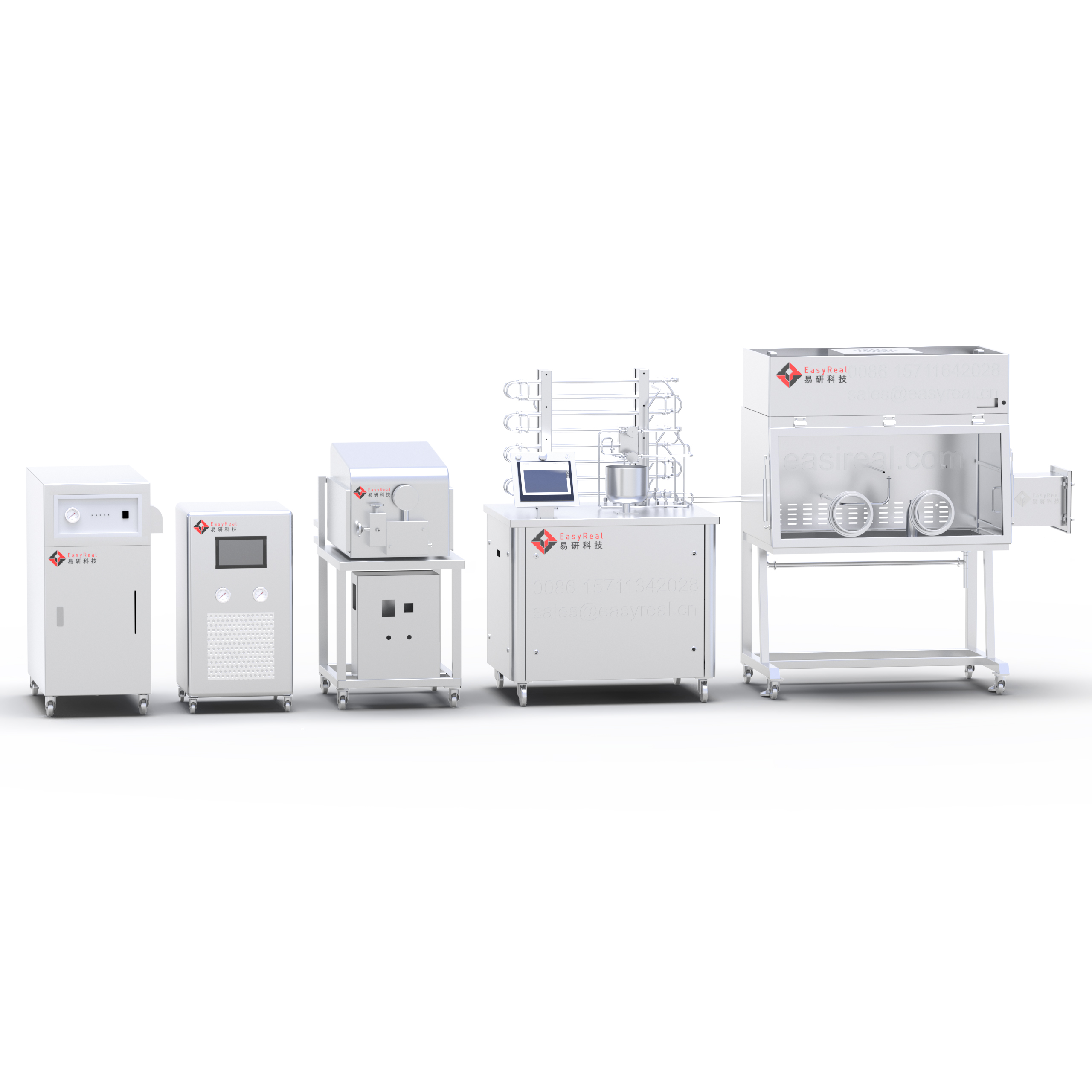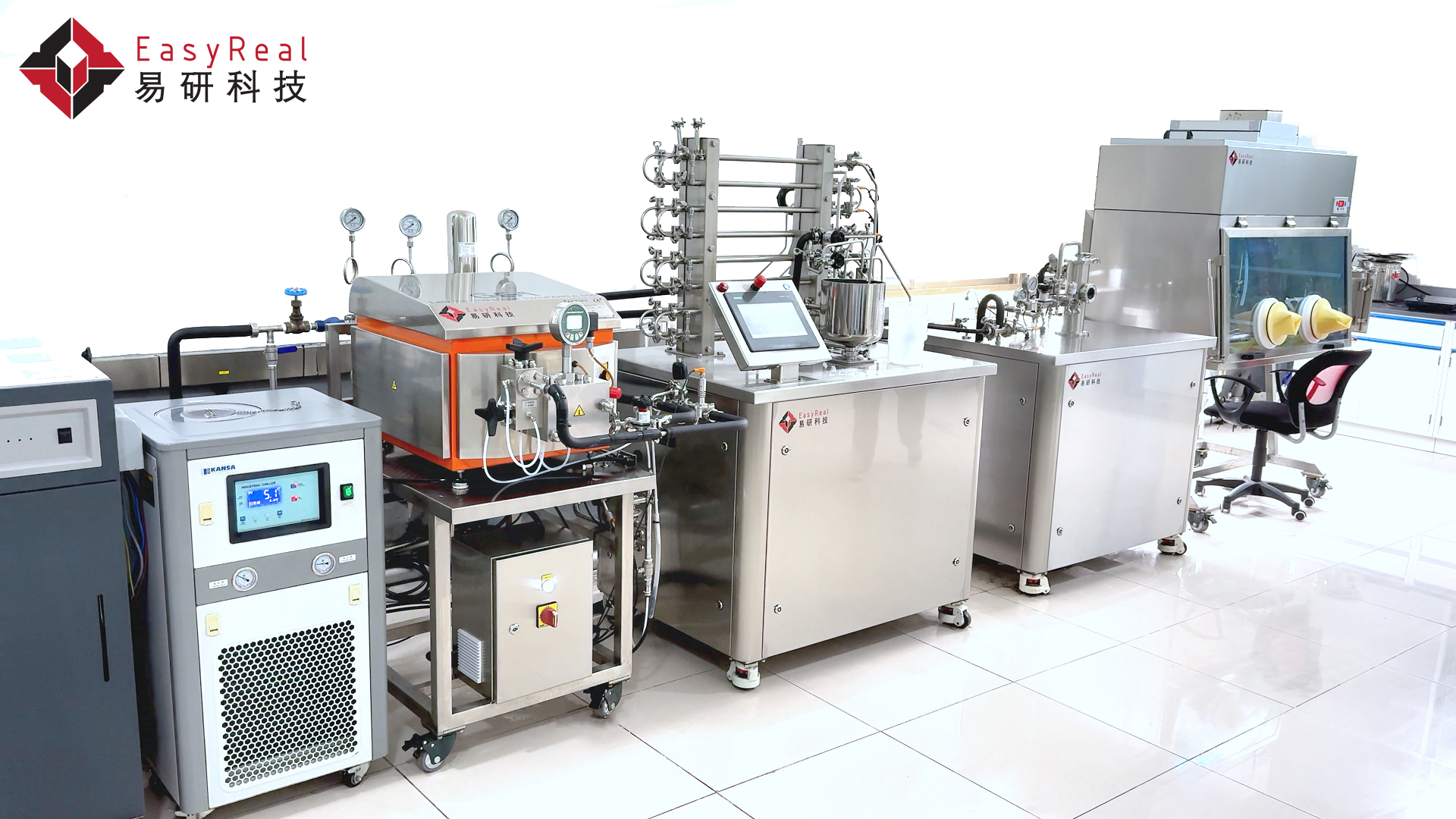The beverage market is rapidly evolving, driven by consumers’ increasing demand for diverse and high-quality products. This growth has posed new challenges and opportunities for the beverage processing industry. Pilot equipment, serving as a vital link between R&D and large-scale production, has become a powerful driver for upgrading production lines.
1. The Core Role of Pilot Equipment

Pilot equipment bridges the gap between small-scale laboratory tests and full-scale industrial production. By utilizing pilot-scale systems, companies can simulate real production conditions, validating formulations and processes for large-scale production. This capability is critical for beverage R&D, especially for small-scale milk processing plants looking to innovate and refine their products.
2. Key Factors Driving Production Line Scale Up
2.1 Process Validation and Optimization
Pilot equipment, such as lab-scale UHT/HTST processing units, allows precise simulation of thermal processes. This provides efficient sterilization solutions for milk and beverages, ensuring product quality and safety. Optimizing these processes enables better implementation in full-scale production, boosting efficiency and maintaining high safety standards.
2.2 Quick Response to Market Demands
The beverage market is fast-paced, with new flavors and functional beverages emerging constantly. Pilot equipment helps companies quickly validate new formulations and processes, shortening the time from R&D to full-scale production. This rapid response capability allows businesses to seize market opportunities. Companies like EasyReal have excelled in innovative product development and process optimization using pilot systems.

2.3 Reduced Production Risks and Costs
Compared to direct testing on large-scale production lines, pilot equipment offers lower investment and operating costs. By validating processes and collecting data during the pilot phase, companies can minimize failure risks during mass production. For small-scale milk processing plants, pilot equipment is particularly beneficial for cost control and ensuring product stability.
3. Industry Applications and Future Trends

Post time: Nov-18-2024

